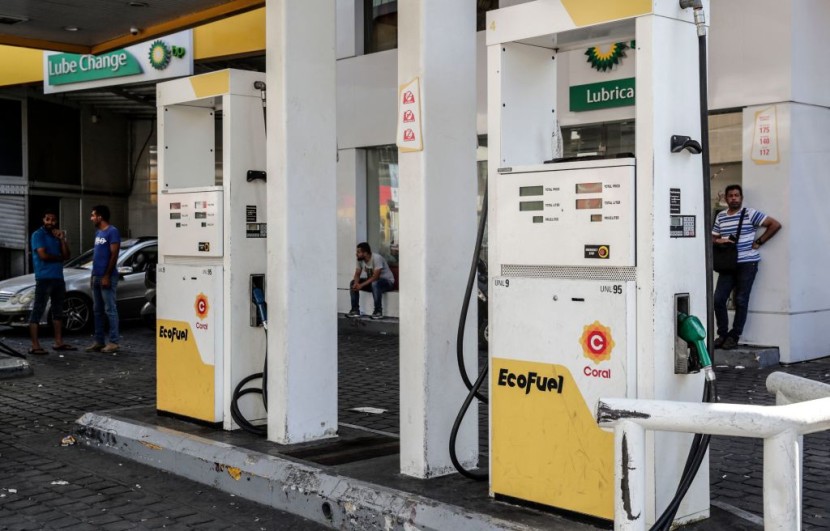In order to partly eliminate gasoline subsidies and relieve shortages, Lebanon's fuel prices will increase by 66 percent.

Lebanese Government Raised Gasoline Prices
In a recently published article in CTV News, on Sunday, the Lebanese government announced a 66 percent increase in gasoline prices and a partial decrease in fuel subsidies in an effort to alleviate severe shortages that have brought the nation to a halt.
The administration stated that the rise in 95-octane gasoline prices will take effect immediately. It comes after the state changed the currency rate used to sell gasoline goods on Saturday in an effort to alleviate the shortages.
The gasoline situation became much worse last month when the central bank announced that it would no longer be able to fund fuel imports at highly discounted exchange rates and would instead use market prices. Concerned about the effect of price increases, the administration reached an agreement with the central bank on Saturday to raise prices, but at a lower rate than the market rate, to enable subsidized imports to continue for the time being, according to a published article in The Hill.
Central Bank Would Start Financing Fuel Imports
According to the wire agency, the central bank indicated that it would begin funding gasoline imports at market prices since it could no longer afford discounted exchange rates. On Saturday, the government countered by promising to increase gasoline prices to slightly below market levels, allowing imports funded at subsidized exchange rates to continue in the meantime.
In a published article in MSN News, the price hike is sure to enrage people who have seen the value of the Lebanese pound plummet by more than 90 percent in the last two years. Lebanon's economic and financial situation, according to the World Bank, is worrisome.
The World Bank said in June that according to the latest World Bank Lebanon Economic Monitor (LEM), the economic and financial crisis in Lebanon is likely to rank among the top ten, if not the top three most severe crises events worldwide since the mid-nineteenth century. Continuous policy inactivity and the lack of a fully functional executive power, in the face of enormous difficulties, endanger already dismal socio-economic circumstances and a fragile social peace, with no obvious turning point on the horizon.
Impact of Increase in Prices
Concerned about the effect of price increases, the administration reached an agreement with the central bank on Saturday to raise prices, but at a lower rate than the market rate, to enable subsidized imports to continue for the time being. The increase in costs would exacerbate suffering in a nation where poverty has risen dramatically as a result of a two-year financial crisis that has seen the value of the Lebanese pound plummet by more than 90 percent.
The decision was taken during an emergency meeting on Saturday attended by the president, the governor of the central bank, and other authorities in response to a gasoline crisis that has paralyzed basic services and sparked daily melees as residents race for petrol. The government stated the central bank would establish an account for that purpose until the end of September, up to a maximum of US$225 million, which the government will have to repay in the 2022 budget.
Related Article : Beirut Blast: Lebanon Security Forces Fire Teargas at Protesters
© 2025 HNGN, All rights reserved. Do not reproduce without permission.








